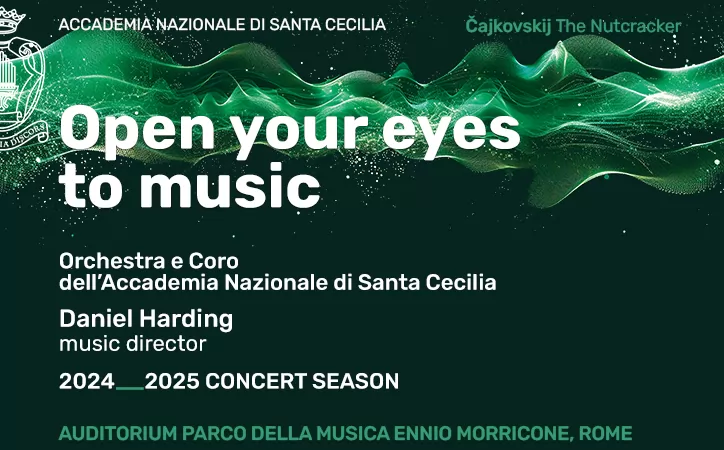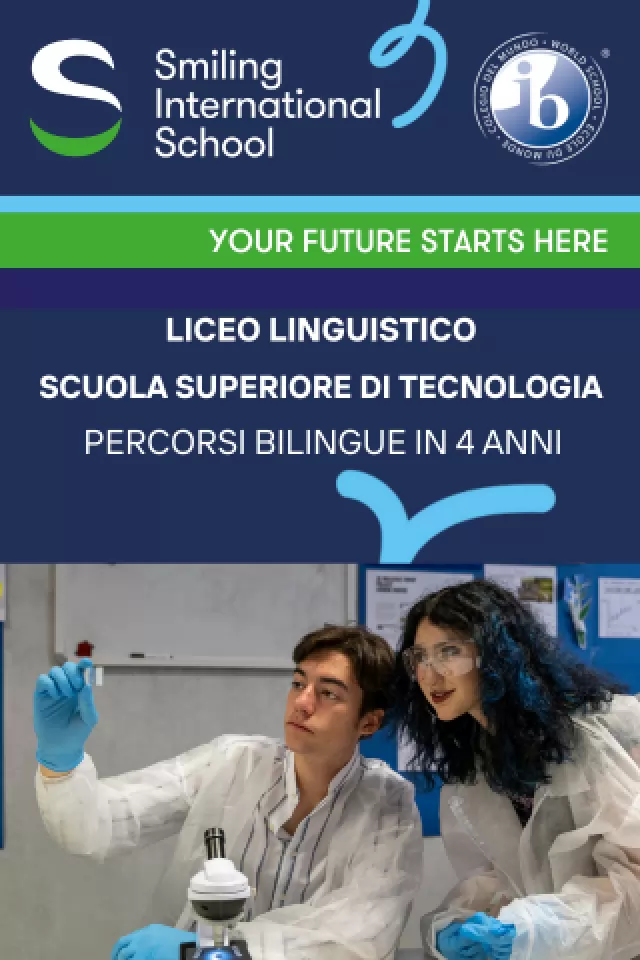In search of Romes writers
A new kind of literary event hit the Roman scene on the first Sunday in April. At a cafe in Trastevere packed with Italians and foreigners, an Australian, an American and an Italian writer read from their work, accompanied by live music, specially created sound-installations and an eye-catching photo exhibition.
In Rome literary events usually mean an open microphone for an author or reader, enhanced by a spectacular setting a church or an ancient monument perhaps and a predominately Italian audience. What took place in Trastevere in early April, and again one week later, was special not only because of the melding of different art forms, but also because it succeeded in reaching out to both Italian- and English-speaking listeners and involved foreign and Italian artists.
The driving force and mastermind behind the events, known as Sunday Showcases, is Michael Reynolds, a pensive, soft-spoken writer in his early thirties. Australian-born Reynolds has traveled all over the US and Britain, but he has lived in Rome for two and a half years and now feels this is his home. It's a feeling he had to earn: "I came to Rome hoping I'd found a place to settle down, but throughout the first year I was convinced I'd made a mistake, that Rome wasn't the place for me. I felt isolated, in part because of the language."
Last December, for the launch in Rome of his first book "Sunday Special", a collection of short stories, Reynolds and his publisher organised two literary evenings that combined readings and theatre with an exhibition of work by the book's illustrator, American Troy Henriksen. It was partly because of the enthusiastic reception of these events, but also out of frustration with his situation, that Reynolds decided to organise more happenings along the same lines. He felt isolated not just linguistically, but also artistically, complaining that there is no real creative community in Rome, and that the city does not welcome international artists the way that Paris or New York does.
Have times really changed so much since Goethe, Ingres, Keats and hundreds of other artists flocked to Rome to swap ideas and be inspired by the Eternal City? Even today there are numerous organisations in Rome aiming to bridge the gap between Romans and the foreign community. On a cultural level, for example, there are Gaby Fords double-feature theatre productions in English and Italian, the Keats-Shelley Memorial Houses bilingual poetry competitions, and numerous foreign cultural academies. The British Council and the academies bring many prominent artists and writers brought to Italy, and Romes city council organises an international literary festival, which last summer included authors Gnter Grass and Ian McEwan.
However, the emphasis of these initiatives is on bringing established authors to Rome once their books have been translated, rather than introducing emerging writers from the local community. According to Reynolds there are foreign writers in Rome who simply cannot make contact with each other or with Roman writers, who feel sequestered at their academies or who don't even last the full term of their scholarship or sabbatical because they feel so isolated. On the other hand, there are Italian writers who would like to know what their foreign counterparts in Rome are up to, but don't know where to look.
If the enthusiasm of writers for the Sunday Showcases is anything to go by, then this sort of event has indeed been long in coming. Reynolds himself was surprised at the level of eagerness with which his colleagues responded to his proposal. Reading alongside him on the first night were Roman Christian Raimo and American Peter Orner, Joseph Brodsky fellow at the American Academy in Rome. Raimo, author Latte (Minimum Fax, 2001), of a collection of short stories, read new work. Orner, whose book Esther Stories was published by Houghton-Mifflin in 2001, has participated in similar events in Prague, and worked together with musician Valerio Vigliar, also an old hand at this sort of show. Reynolds, instead, was accompanied by a sound installation specially created by Italian electronic music group embrio.net.
The second evening saw another reading by Reynolds, as well as Roman novelist Giovanna Bandini (Nudo da Ragazza, Frassinelli, 2001, and Giorni dispari, Fazi Editore, 2002), and Australian playwright Joanna Murray-Smith. Well known both in Australia and abroad, Murray-Smith's play "Honour" is currently showing at the National Theatre in London. The visual artist whose work was on show on both of these evenings was Brando Lupi, a photographer who captures the patterns of Rome's architecture on film and enlarges them to create abstract designs.
Sunday Showcases
www.industriecreative.it/sundayspecial
Held at Lettere Caffe, Via di S. Francesco a Ripa 101 (Trastevere), tel. 0658334379. Admission 5, including aperitif and buffet.
Picture: More than words: Michael Reynolds is keen to experiment with the combination of reading, music and visual art.


















